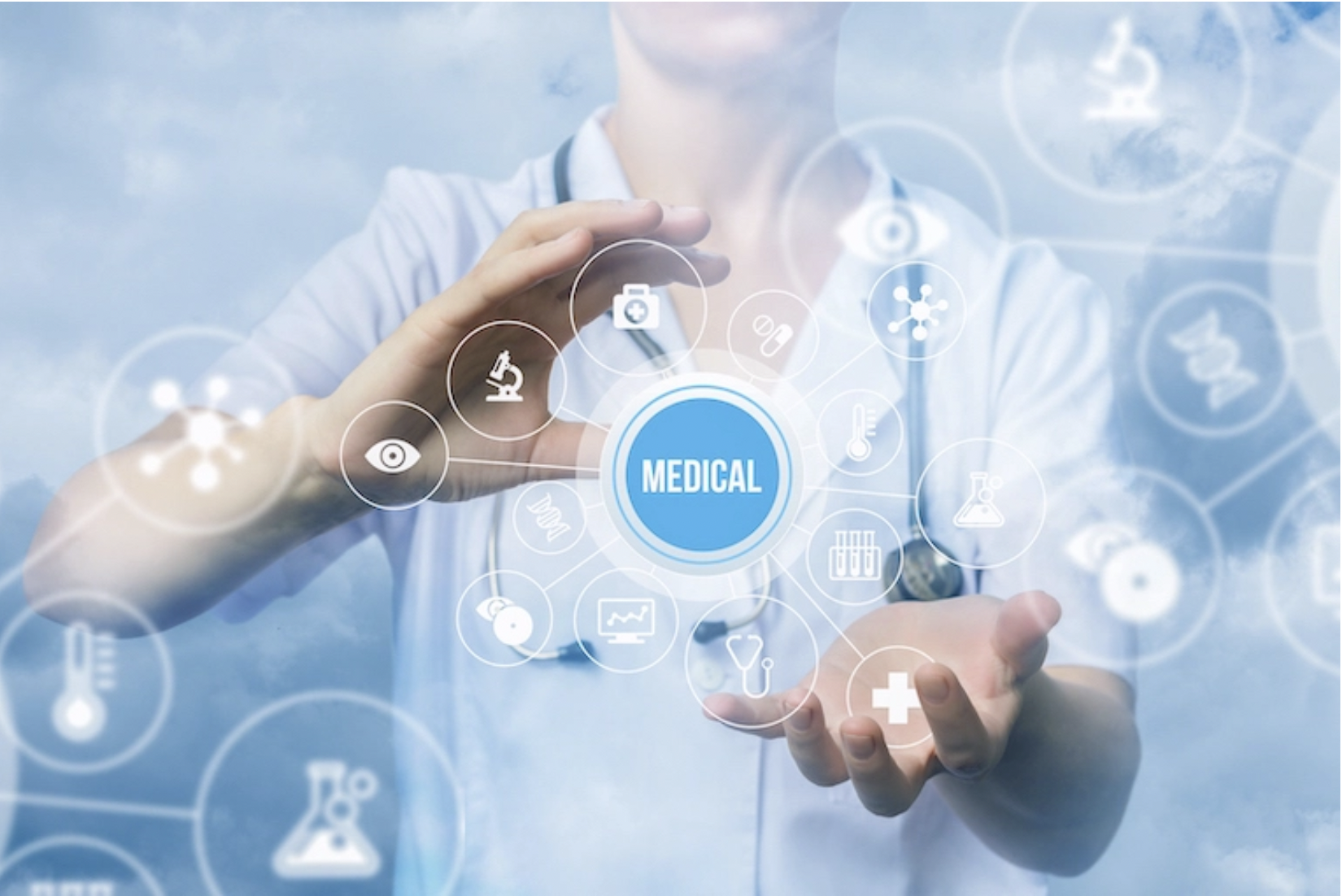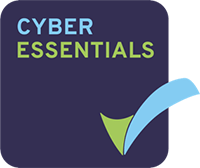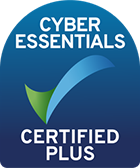The ability to take a patient’s physiological data non-invasively has the potential to completely revolutionise the way in which medical professionals assess their patients. There are countless variables that could enhance the value of a doctor’s assessment. This article delves deeper into the possibilities of AR in healthcare, and how it can be used to improve patient outcomes.
A growing market.
The market for utilising AR in medicine is growing exponentially and is set to shape the industry for years to come. The market for AR in healthcare is expected to grow to $4.2 billion by 2026. AR also has huge potential to help develop the skills of medical students who will further contribute to the market’s value. Vastmindz’s technology seeks to embrace this changing medical infrastructure to capitalise and promote wellness for patients all over the globe through enhancing the AR experience.
Reduced costs.
By utilising camera sensors from products such as Microsoft’s ‘HoloLens’ technology Vastmindz can implement its software to provide doctors with instant physiological data on their patient. With access to live information, better decisions can be made, reducing the risk of medical negligence. The result of this will be a massive reduction in legal fees for organisations such as the National Health Service (NHS), where the current budget is over £4 billion, due to clinical negligence claims totalling £83 billion. The ability to reinject this lost capital back into core services could reform the industry.
Shorter wait times saves lives.
While obviously the economic benefits of this technology are crucial, we cannot understate the value of identifying health concerns promptly, saving lives. Waiting times are hindering medical professionals’ ability to do so. Vastmindz’s technology allows for the remote assessment of patients, allowing healthcare professionals to identify who might be at risk on a large scale. The ability to see more patients per day will reduce wait times and backlogs. As of March 2021, GPs were delivering 7 million consultations per week, 1 million more than before the pandemic. The maximum NHS wait times for ‘non-urgent’ cases are around 18 weeks. These extended wait times are representative of the desperate need for AI and Augmented Reality to streamline these processes. With this technology we can diminish current backlogs & inefficiencies within national services.
To learn more about how Vastmindz’s technology can revolutionise the healthcare sector, please contact us here.


